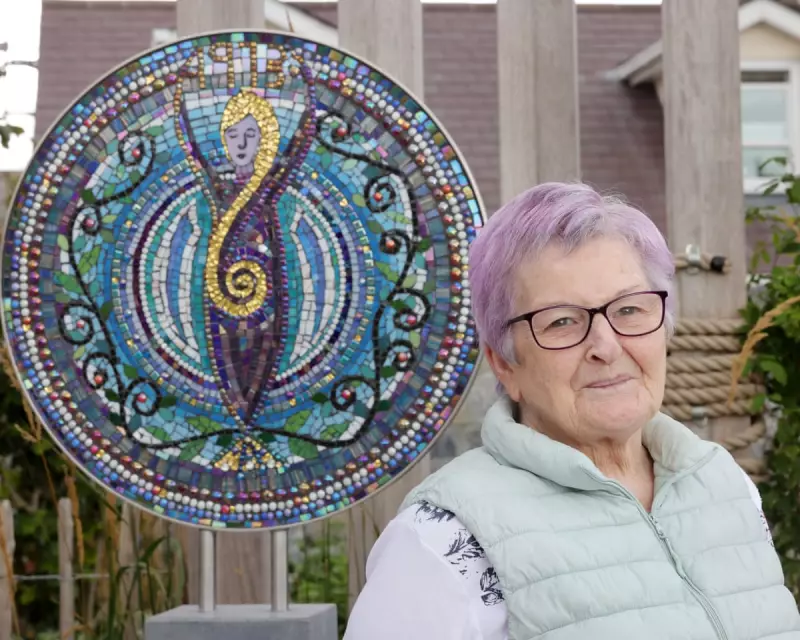
The woman whose courageous legal battle forced Ireland to confront its strict contraception laws has died, leaving behind a legacy that transformed Irish society forever.
Mary McGee, whose landmark 1973 Supreme Court case challenged the state's ban on contraceptive access, passed away surrounded by her family in County Louth. Her death has prompted an outpouring of tributes from politicians, activists, and ordinary citizens whose lives were touched by her fight for bodily autonomy.
The Case That Shook a Nation
In 1973, McGee took on the Irish state after customs officials confiscated spermicidal jelly she had ordered by post. As a mother of four with serious health concerns following strokes, another pregnancy posed significant risks to her life.
Her legal team, including a young Mary Robinson who would later become Ireland's first female president, argued that the 1935 Criminal Law Amendment Act violated McGee's constitutional rights to marital privacy.
The Supreme Court's historic 4-1 ruling in her favour established that married couples had the right to make private decisions about family planning without state interference.
A Reluctant Revolutionary
Despite her pivotal role in Irish social history, McGee remained a remarkably private figure who never sought the spotlight. In a rare 2013 interview, she reflected: "I wasn't setting out to change Irish society. I was just a mother trying to protect my health and care for the children I already had."
Her victory didn't immediately legalise contraception across Ireland - that battle would continue for nearly another decade - but it created the crucial legal foundation for future reforms.
Lasting Legacy
President Michael D. Higgins led tributes, describing McGee as "a woman of extraordinary courage whose action contributed profoundly to a much-needed debate about the position of women in Ireland."
Today, McGee's case is recognised as a watershed moment that began Ireland's journey toward becoming a more modern, pluralist society. Her fight paved the way for subsequent battles around divorce, abortion, and LGBTQ+ rights that would further transform the nation's social landscape.
Mary McGee is survived by her husband and children, who remember her not just as a historical figure, but as a devoted mother and grandmother whose personal struggle became a national turning point.





